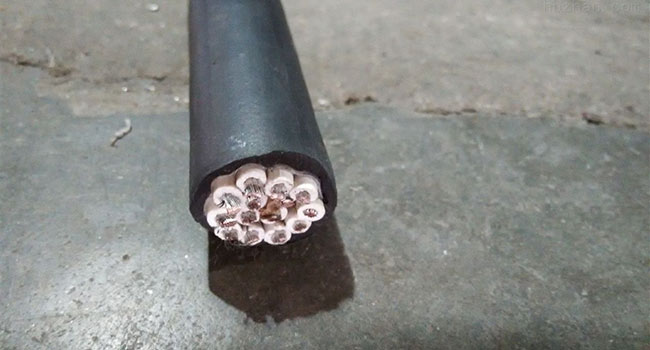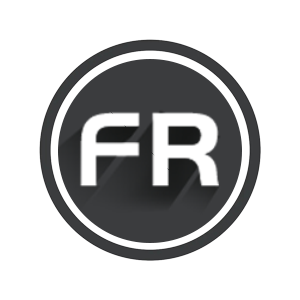Existem várias classificações de fios e cabos marítimos disponíveis na Internet, mas nem todos atenderão às suas necessidades. Here is a short breakdown of marine cables that will give you what you need with relative ease, including P-type cables, dangling cables, and more. We’ll address the differences between marine cable and marine cable once and for all.

What are marine wire and cable?
Simply put, fio e cabo marinho are cables that are used in marine, both marine, and offshore applications. These cables have excellent resistance to water, especially saltwater. They also have excellent protection against corrosion. To ensure this protection, most marine copper cables use tinned copper conductors. Another common name for marine cables is marine-grade wire.
Types of marine wire and their applications
Type P cable is an industrial marine cable used in the harshest of marine environments, including offshore drilling rigs and oil production. These cables have sun, fire, and oil resistant cross-linked polyolefin insulation. The cables are robust, have a unique thermosetting system, and have a high-temperature range.
The dangling cable is a perfect control cable for cranes, hoists, and lifting systems. What sets it apart from other applications is its excellent bending performance. The cable is classified as an industrial cable.
Marine and ship’s cable: These terms are often used interchangeably, although “ship’s cable” can be used as a more generic term, and ship’s cable always refers to cables used on ships. These cables are used for a wide variety of applications, including control circuits, power circuits, and communications.
The different abbreviations indicate the different uses of marine cables.
Type N (T/N) rating means that the cable is suitable for multi-purpose applications on commercial ships.
Types TPS, NI, and XT cables are suitable for commercial vessels stationed outside the United States.
Shipboard cables are available with either armored or shielded options. Armored cables can be distinguished by the letter A at the end of the cable name, while unarmored cables carry the letter U.
The letter HOW at the end of the cable name indicates that the cable has excellent oil resistance.
Shipboard cables can be bent or unbent, which affects their application.
There are also cables with a low smoke zero halogen LSZH jacket that protects the ship’s environment from the harmful effects of gases in the event of a fire.
Some insulation materials follow military standards, making the cables ideal for military vessels.
A variety of marine cables are available in 150, 300, e 600 V voltages.
Some wires are specifically marked for mission-critical environments.
Common insulation materials for marine cables are PVC, XLPE, silicone rubber, and EPR.
Thermocouple marine cables are available in temperatures ranging from -270 C to 1260 C.
ZMS Cable is a reputable wire and cable company that sells thousands of marine wires and cables as mentioned above. As well as manufacturing more trusted wire and cable to gain the trust and support of customers from all over the world, including well-known American brands. Thanks to our wide range of suppliers, the price of high-quality cable is very high indeed. Our 24/7 support team will make sure you choose the best cable for your specific application.



